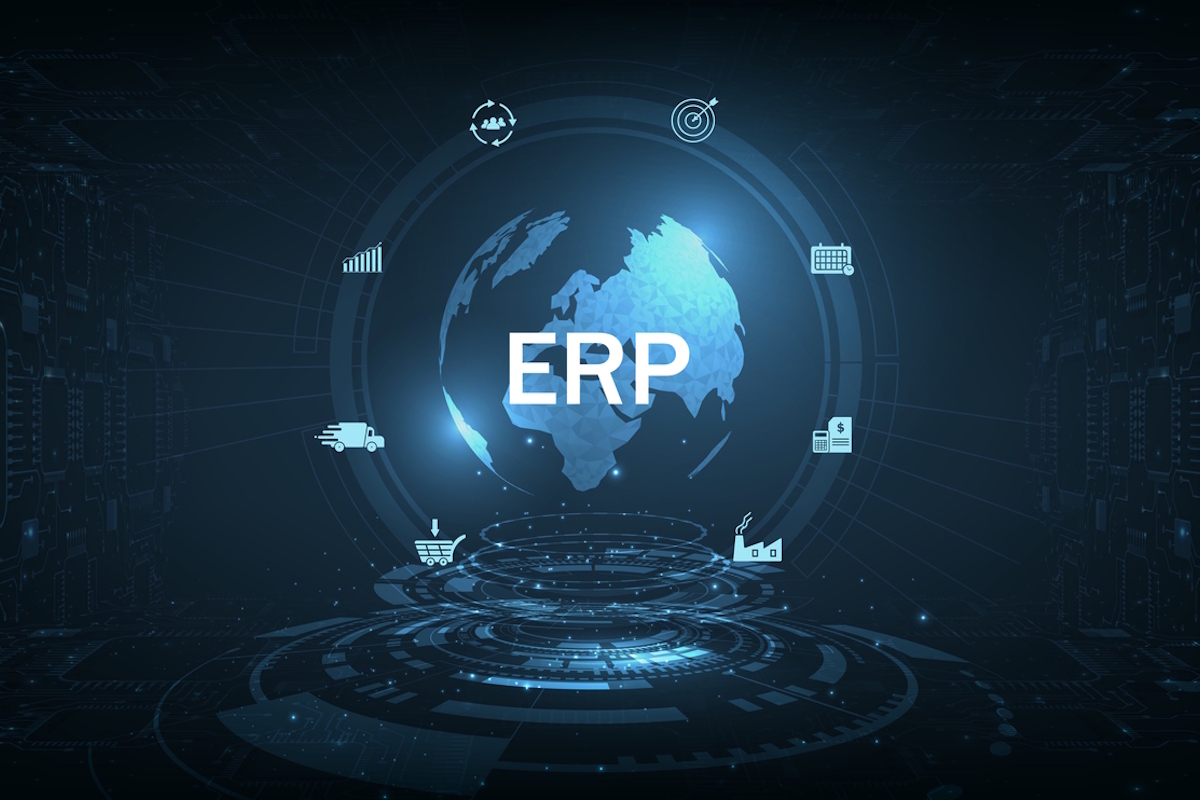Future-proofing ERP systems for global trade volatility

Csaba Farkas at TMF Group asks what businesses can do to ensure their ERP systems have the resilience needed to withstand market volatility and ensure compliance with rapidly changing regulations
Keeping Enterprise Resource Planning (ERP) systems up to date with the latest national and international tax and accounting rules was already a complex task. The ongoing seismic changes in global trade have added new layers of complexity and uncertainty. What can businesses do to ensure their ERP systems have the resilience needed to withstand market volatility, and ensure compliance with rapidly changing rules and regulations?
Global trade tensions are reshaping international alliances, tax and tariff policies, and regulatory landscapes. In response, businesses are seeking new markets and adapting their supply chains to stay competitive and minimise their risk exposure.
One important success factor in this volatile environment is keeping accounting and tax functions fully up to date within ERP systems. While this is an increasingly complex task, it is vital if companies are to avoid compliance failures, financial penalties and operational disruptions. It is also crucial because it enables companies to make informed decisions based on real-time and accurate data.
In the face of this rapidly evolving complexity, how can businesses future-proof their accounting systems to ensure seamless tax compliance, automated tariff adjustments and real-time regulatory adaptability?
In short, it requires in-depth compliance and ERP localisation expertise — to deal with multi-country tax rules, real-time reporting requirements and ERP configurations — across four key pillars: requirements, systems, people and processes.
Requirements: Ensuring compliance alignment
The first requirement is to keep up to date with the latest rules and regulations. Organisations need to proactively track local tax laws, VAT/GST changes, e-invoicing mandates and transfer pricing regulations.
In addition, companies must ensure their ERP configurations support real-time tax rate updates, and digital tax reporting and e-invoicing standards such as SAF-T (Standard Audit File for Tax), SII (Immediate Supply of Information), FEC and CFDI. A best practice to highlight is to keep a compliance calendar for each of the relevant countries.
Systems: Enabling flexibility and automation
Navigating an increasingly volatile global trade environment will require new levels of ERP system flexibility and automation, to ensure a timely response to changing rules and regulations.
One key way to do this is to harness AI-driven automation tools within ERP systems. These tools can help manage multi-country tax rates, ensure local VAT/GST compliance, and handle withholding taxes, for example. ERP systems also need to integrate seamlessly with multiple e-invoicing, e-filing and digital tax platforms.
Furthermore, implementing no-code or low-code tax rule engines empowers finance teams to make rapid updates to tax settings without IT dependency, significantly increasing responsiveness to regulatory changes.
Companies can also implement predictive analytics into ERP systems to enable them to anticipate and simulate potential impacts of new tariffs, tax rate fluctuations and trade policy changes — helping to minimise risk exposure.
People: Embedding expertise into ERP governance
While automation is important, it cannot do the whole job: the most responsive, accurate and compliant accounting and tax functions require a combination of technology and human expertise.
Companies should consider establishing a global tax compliance task force to oversee ERP tax updates across different jurisdictions. They should also assign local tax experts, or engage third-party tax and ERP specialists to manage localisation.
In addition, companies should consider investing in targeted training for finance and IT teams on ERP-driven trade compliance to ensure greater internal agility. Training programs should focus on real-time tax adjustments, e-invoicing mandates, and regulatory compliance to help build resilience.
To further strengthen ERP governance, organisations need clearly defined roles and responsibilities related to tax compliance and ERP updates, to help ensure clear communication and accountability across departments.
Process: Establishing continuous monitoring
Proactive compliance and localisation monitoring are crucial to future-proofing ERP systems, and ensuring their adaptability and resilience in a rapidly changing global trade environment.
Conducting quarterly ERP compliance audits helps ensure that tax and trade settings remain fully aligned with regulatory changes.
Furthermore, a continuous feedback loop from compliance audits back into ERP configurations helps maintain an agile compliance stance. Regular reporting and analytics derived from these audits offer actionable insights that inform strategic business decisions and compliance-related investments.
Creating process documents and issue trackers of ERP projects is also key to ensure that global policies are executed locally without any conflicts or errors.
The bottom line: Localise to stabilise
Given the heightened volatility in global trade, organisations need to prioritise ERP adaptability to maintain competitiveness and regulatory compliance. Putting in place a robust ERP localisation strategy — making the most of ERP automation, predictive analytics and real-time tax compliance tools — will help protect companies from compliance failures, financial penalties and operational inefficiencies.
However, many organisations struggle to manage the complexity of multi-country tax, reporting and e-invoicing compliance. Partnering with tax compliance experts and ERP localisation specialists provides the crucial expertise needed to manage these requirements efficiently and cost-effectively.
By embracing these strategies, businesses can ensure their ERP systems remain robust, agile and fully compliant — and effectively safeguard their operations against global trade volatility.
Csaba Farkas is Head of Accounting and Tax Consultancy Services at TMF Group
Main image courtesy of iStockPhoto.com and Chor muang

Business Reporter Team
Most Viewed
Winston House, 3rd Floor, Units 306-309, 2-4 Dollis Park, London, N3 1HF
23-29 Hendon Lane, London, N3 1RT
020 8349 4363
© 2025, Lyonsdown Limited. Business Reporter® is a registered trademark of Lyonsdown Ltd. VAT registration number: 830519543





